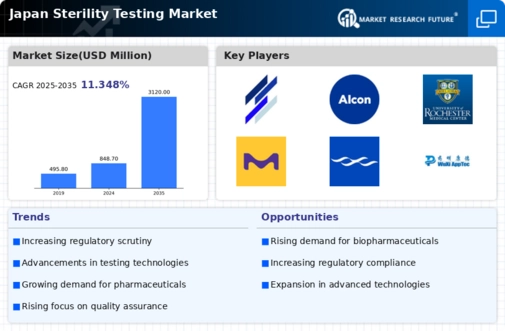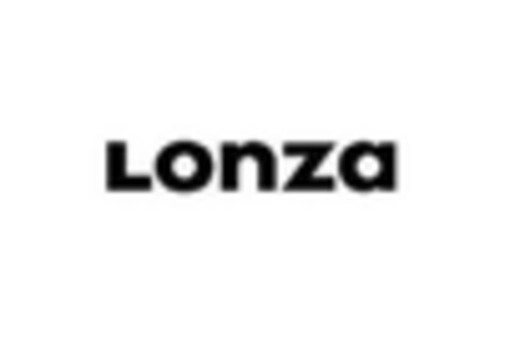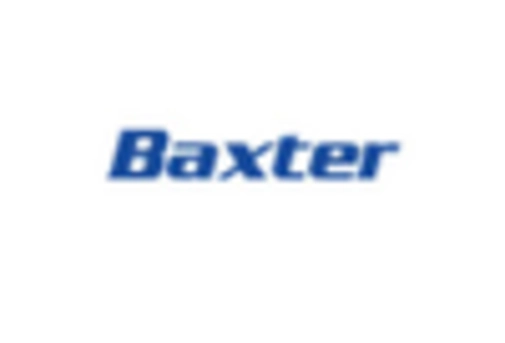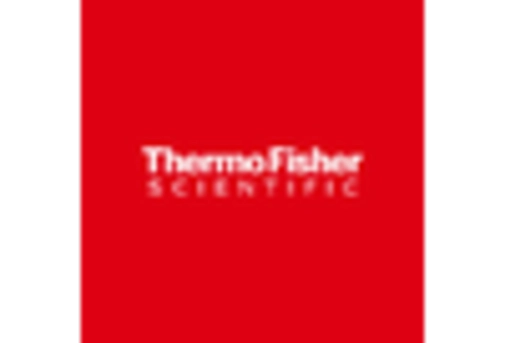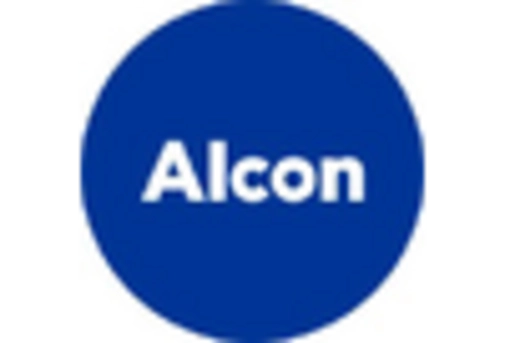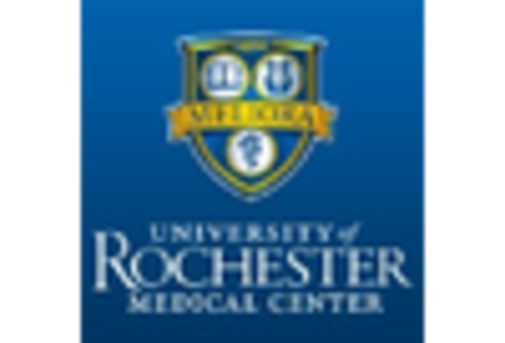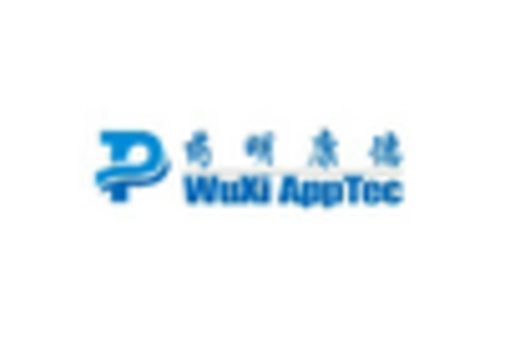Japan Sterility Testing Market Summary
The Japan Sterility Testing Market is projected to grow significantly from 848.7 USD Million in 2024 to 3120 USD Million by 2035.
Key Market Trends & Highlights
Japan Sterility Testing Market Key Trends and Highlights
- The market is expected to experience a compound annual growth rate (CAGR) of 12.56 percent from 2025 to 2035.
- By 2035, the market valuation is anticipated to reach 3120 USD Million, indicating robust growth potential.
- In 2024, the market is valued at 848.7 USD Million, reflecting a strong foundation for future expansion.
- Growing adoption of advanced sterilization technologies due to increasing regulatory requirements is a major market driver.
Market Size & Forecast
| 2024 Market Size | 848.7 (USD Million) |
| 2035 Market Size | 3120 (USD Million) |
| CAGR (2025-2035) | 12.56% |
Major Players
Synergy Health, Danaher Corporation, Alcon, Roche, Merck KGaA, BioMérieux, Emsure, Pall Corporation, Charles River Laboratories, WuXi AppTec, Lonza, SGS SA, MilliporeSigma, Baxter International, Thermo Fisher Scientific


